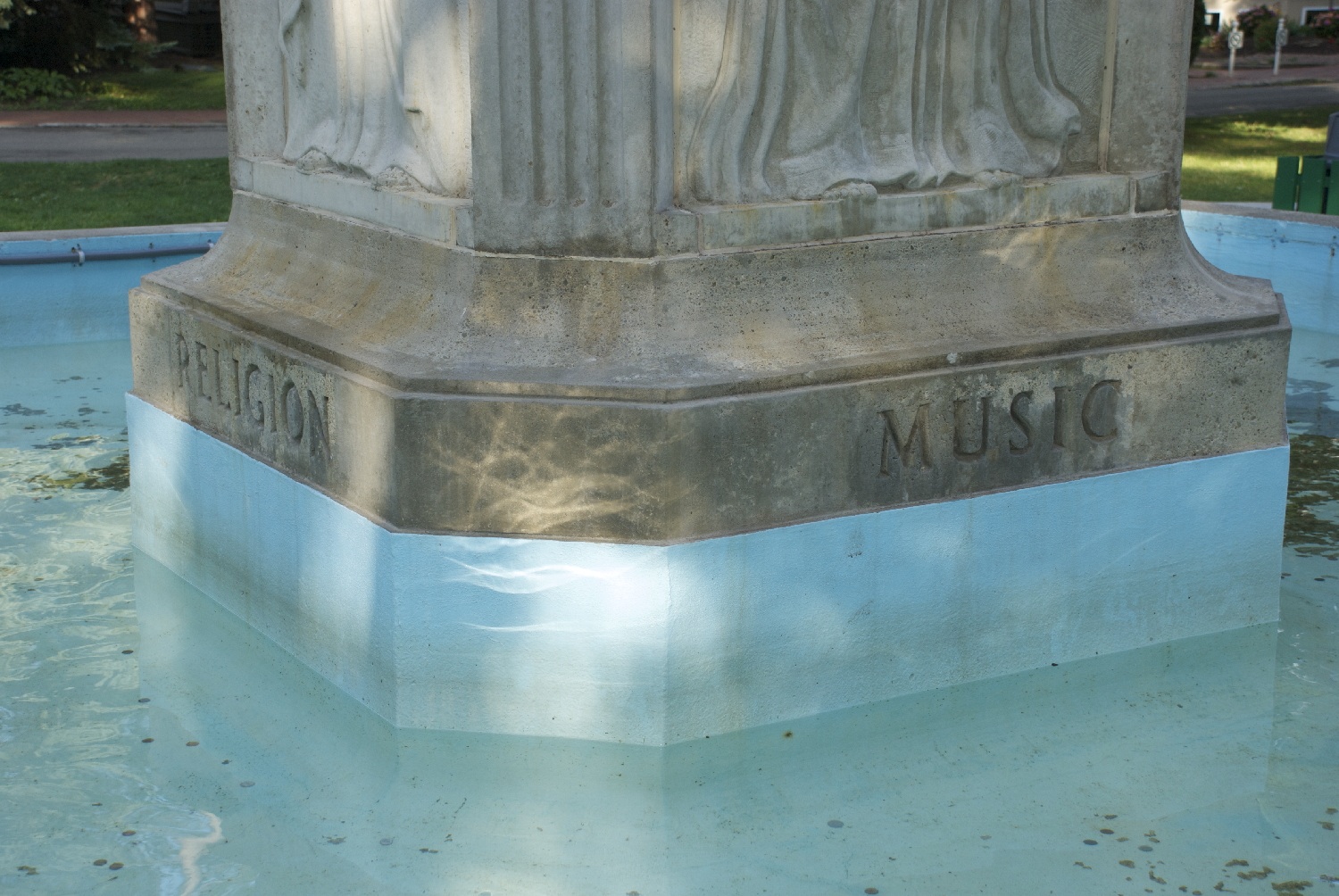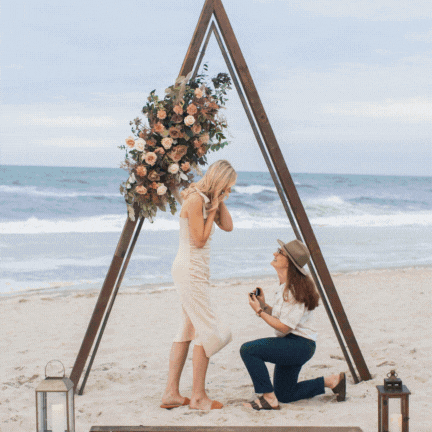With a bit of conscious travel planning and intent, you and your partner will flourish in far-flung places
As we engage our quest for adventure—and with our “getaway” mindset sometimes driving our decision-making, upwardly mobile couples face an important question: As we travel the country and the world, do we hunt for new stimuli and information about our destinations—or do we take more of a passive-traveler approach? Are we so stressed out that we seek to turn off and tune out when we leave home?
The answer depends on your priorities and approach to travel—if you even make it on your vacation to begin with. It’s my job to help you fire up your emotional intelligence, and as such, couples take note: There are deep secrets and cultural treasures hidden, waiting to be dug up, in your traveling pursuits. Adventure—and learning—await.
“Shared experience and histories are important to forming strong social bonds,” says Samuel Parker, Ph.D., associate professor of graduate studies at University of Washington, Tacoma. Parker gave an address in Charlottesville, Va., last year on “The Art of Ancient India in an Age of Cultural Tourism” that I attended, setting off a light above my head (yes, it does happen) that seeking meaning in our travel could give off tremendous benefits. “Culture learning introduces an element of challenge and stress to our experiencing that provides opportunities for us to grow intellectually and emotionally,” Parker tells Equally Wed.
In order to go deeper, though, we have to actually execute our travel plans; even though we have these opportunities, statistics show we’re neither seizing our vacation chances nor reaping their potential rewards. Recent studies show that we are a respite-challenged, stress-weary nation. Some quick stats:
- More than 50 percent of respondents in a Westin Hotels “Wellness in Travel” study of 1,500 Americans do not take allotted vacation days from their place of work.
- Men who take vacations are 32 percent less likely to die of heart attacks, according to Boston University’s Framingham Heart Study.
- Women who take vacations became more satisfied with their marriages, according to Arizona Department of Health and Human Services as cited by Westin on its wellness website.
A recent summer article from The Boston Globe corroborates this theory, adding that shorter vacations with higher experiential intensity can make a huge difference in enjoyment.
“If you have to sacrifice how long your vacation is versus how intense it is, you want shorter and more intense,” says Thomas Gilovich, who was a source for the Globe piece and is professor and chair of Cornell University’s department of psychology. Gilovich has long been a champion of consumers seeking experiences rather than consumption. The article adds: “People take vacations for all sorts of reasons beyond pure hedonism — to learn about new places, to test themselves, to placate their children, to bask in the envy of their friends and co-workers.”
A more conscious, culture-centric approach isn’t for all, but can be a fruitful endeavor, says Parker. “An unstable or volatile relationship is likely to become even more so under the stress of culture shock, but a solid social bond is likely to be enriched by it. We are traveling the world in great numbers these days, but that doesn’t mean that our experiences automatically result in any kind of intellectual, emotional or spiritual growth.”
Enrichment begins with an educated traveler, and gay couples are no exception. So why not expand your search even further to journeys that pose an opportunity for greater personal engagement? Shifting your priorities even slightly can deepen the value of your travel and greatly enhance the memory of it.
In July, I visited Chautauqua Institution in New York for the first time with Jason, my squeeze, who spent time there in his younger years and was influenced and shaped by its four pillars: knowledge, education, arts and religion. With a decided slant toward Christianity, the institution’s program in 2010 presented lively discussions from folks like Jim Lehrer, Alan Alda and Sandra Day O’Connor. Alda’s M*A*S*H anecdote was as touching as it was funny:
Throughout the summer, bold speakers like retired bishop John Shelby Spong addressed the Prop 8 issue and gay civil rights; Jared Jacobsen, the Institution’s longtime organist, choir director (Jason sang with them) and coordinator of worship and sacred music, played the Massey Memorial Organ. The instrument, dedicated in 1907, is an imposing work of visual art as much as an audio marvel, and is the largest pipe organ in the world.
 After our first visit, I was smitten with the location and its provocative lectures, music and proximity to great bodies of water. (We returned a second time last month to conduct a photo shoot on Chautauqua Lake for another publication, Sea Ray Living, for which I’m also a contributor.) Regardless of your religious affiliation, Chautauqua will cause you to think and you’ll leave the better for it. I was truly enriched by this historic place, and it gave Jason and me a shared experience I’ll always remember. All of your destinations can offer the same benefits if you look for them.
After our first visit, I was smitten with the location and its provocative lectures, music and proximity to great bodies of water. (We returned a second time last month to conduct a photo shoot on Chautauqua Lake for another publication, Sea Ray Living, for which I’m also a contributor.) Regardless of your religious affiliation, Chautauqua will cause you to think and you’ll leave the better for it. I was truly enriched by this historic place, and it gave Jason and me a shared experience I’ll always remember. All of your destinations can offer the same benefits if you look for them.
Challenging ourselves to dig deeper and toss out preconceived ideas is precisely the point, says Rob O’Connor, CEO of Atlanta-based TravelScream.com.
“Forget ‘What’s Hot, What’s Not’ lists,” he says. “Think about what makes both of you stop and take notice. If tales of your family history rivet you, make an ancestral pilgrimage. If wildlife encounters leave you bursting with joy, go on a safari or take a jungle tour. A culinary boot-camp trip may be the ticket if you’re determined to throw a killer party without hiring a caterer. The possibilities are truly endless, and many travel providers now categorize their offerings in terms of lifestyle and interests, rather than just location, making it easy to find a vacation that’s enriching as well as relaxing.”
Next trip, move yourselves out of your comfort zone and into new territory. An “unplug” vacation need not be an “unconscious” one—and your wellness may very well depend on it. Discover, seek and get curious. Investigate, plan and prepare for your trip—and bring back treasures that enrich your soul.
Will Pollock is a freelance journalist and artist based in Midtown Atlanta. He is working on his first book on emotional intelligence for men and blogs frequently about this and other pop-culture nonsense at willpollock.com. He encourages you to watch the book’s progress on Facebook and follow him on Twitter, as he urges men to mine their emotional intellect.





















